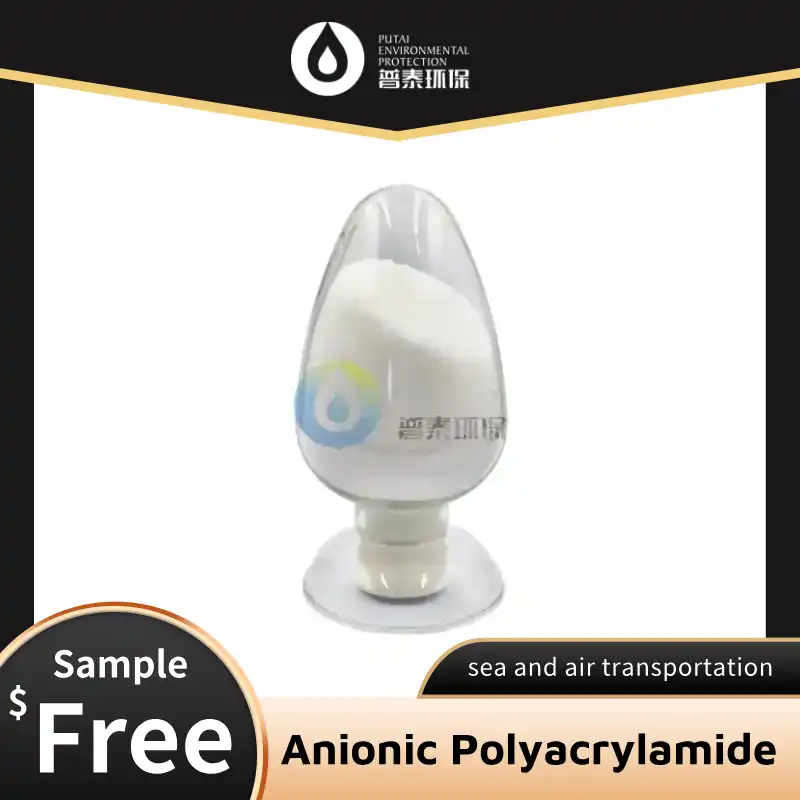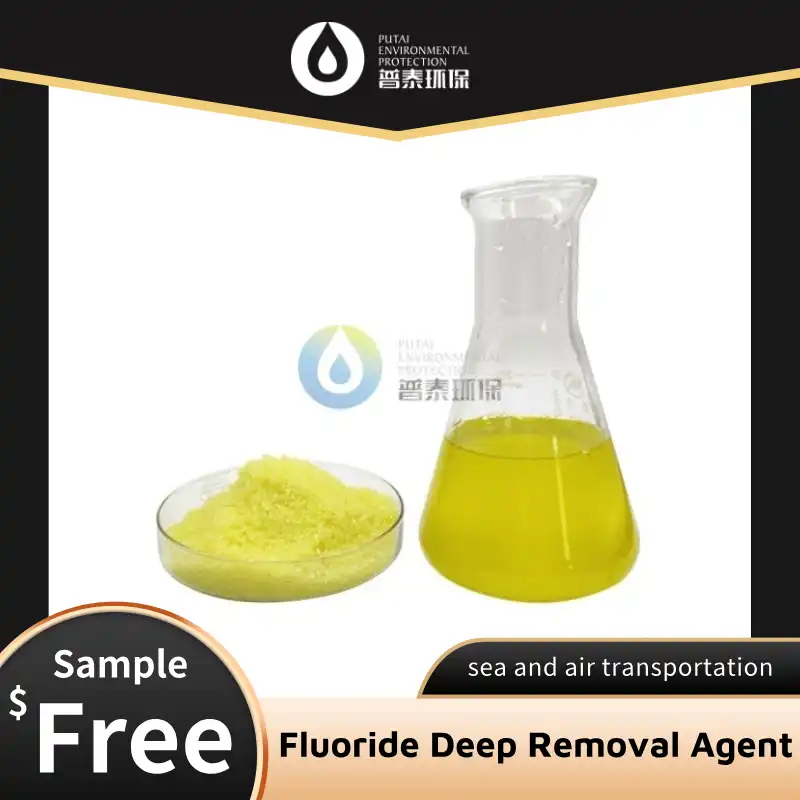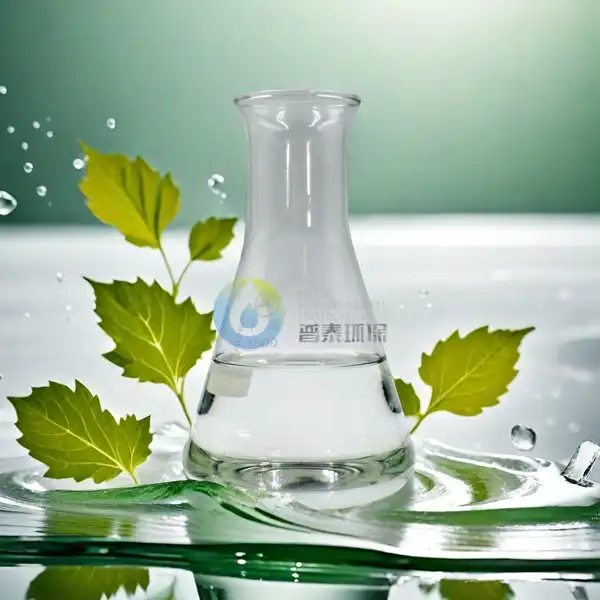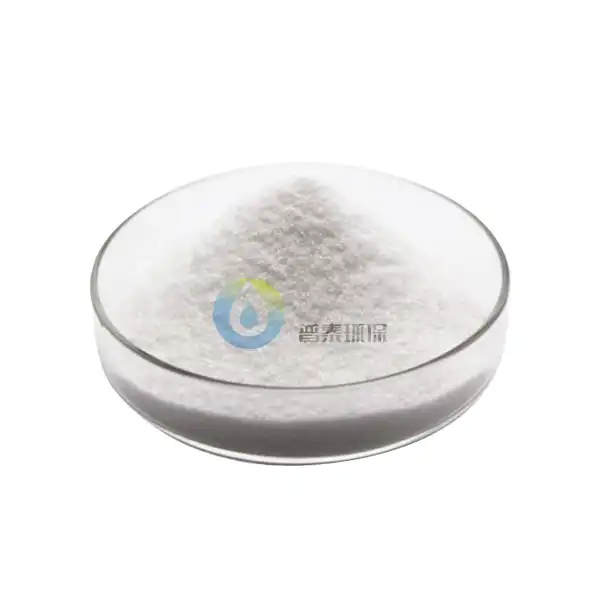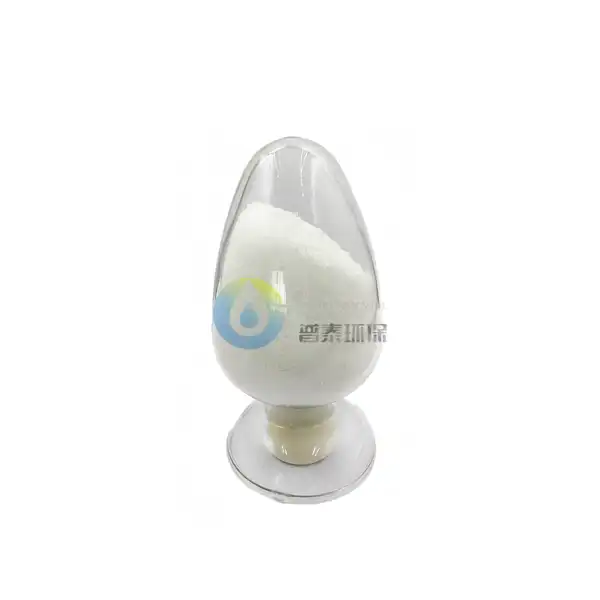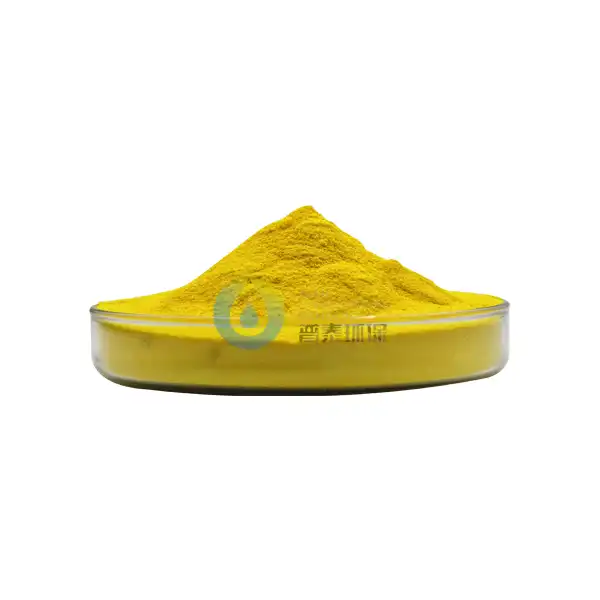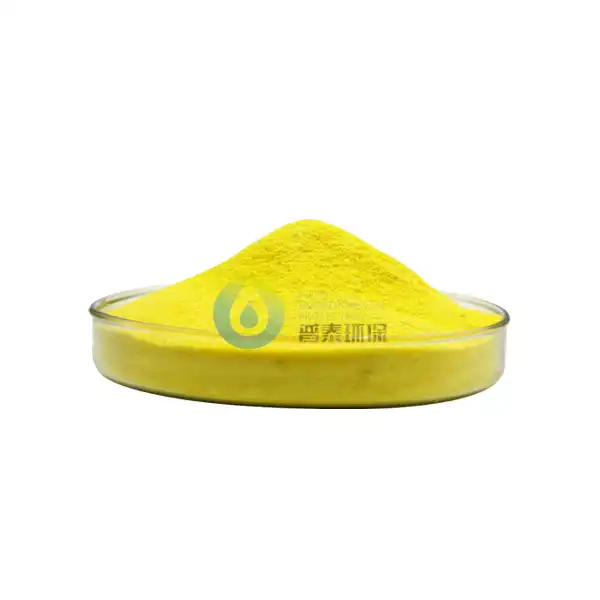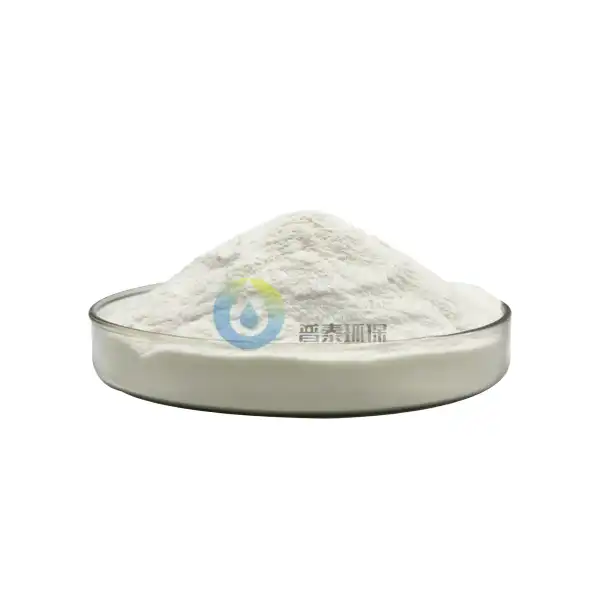How is Industrial Grade Citric Acid CAS 77-92-9 Used in the Pharmaceutical Industry?
Industrial Grade Citric Acid CAS 77-92-9 is a versatile compound that plays a crucial role in the pharmaceutical industry. As a naturally occurring organic acid found in citrus fruits, it has become an essential ingredient in numerous pharmaceutical formulations due to its safety profile and multifunctional properties. This blog explores the various applications of Industrial Grade Citric Acid CAS 77-92-9 within the pharmaceutical sector, highlighting its importance as an excipient, buffering agent, and preservative.
What are the key benefits of Industrial Grade Citric Acid CAS 77-92-9 in pharmaceutical formulations?
Enhanced Drug Stability and Shelf Life
Industrial Grade Citric Acid CAS 77-92-9 serves as an exceptional stabilizing agent in pharmaceutical formulations, significantly extending the shelf life of medications. The acid creates an optimal pH environment that prevents degradation of active pharmaceutical ingredients, ensuring their potency throughout the product's lifecycle. When incorporated into liquid medications, tablets, or topical formulations, Industrial Grade Citric Acid CAS 77-92-9 inhibits oxidative processes that could compromise drug efficacy. Its ability to chelate metal ions further enhances this protective effect by preventing metal-catalyzed degradation reactions. In antibiotic preparations, for example, the addition of Industrial Grade Citric Acid CAS 77-92-9 can extend stability by months or even years, reducing waste and ensuring patients receive effective treatment.
Improved Bioavailability and Absorption
Industrial Grade Citric Acid CAS 77-92-9 enhances the bioavailability of many pharmaceutical compounds by creating optimal conditions for drug absorption. As a pH modifier, it can alter the ionization state of drug molecules, affecting their solubility and permeability across biological membranes. Many active pharmaceutical ingredients exhibit pH-dependent solubility, and the strategic use of Industrial Grade Citric Acid CAS 77-92-9 can improve their dissolution profiles. For poorly soluble drugs, this can mean the difference between therapeutic success and failure. Research has demonstrated that formulations containing citric acid often show enhanced absorption rates in the gastrointestinal tract, leading to improved bioavailability and more predictable pharmacokinetic profiles.
Versatile Functionality as a Pharmaceutical Excipient
Industrial Grade Citric Acid CAS 77-92-9 functions as a multifaceted excipient in pharmaceutical formulations. Beyond its primary applications as a pH adjuster and preservative, this versatile compound serves as an antioxidant, flavoring agent, and disintegrant in various dosage forms. In effervescent tablets, Industrial Grade Citric Acid CAS 77-92-9 reacts with alkaline components like sodium bicarbonate to produce carbon dioxide, facilitating rapid tablet disintegration. Its pleasant tart flavor helps mask the bitterness of many pharmaceutical compounds, improving palatability and patient acceptance, especially in pediatric and geriatric formulations. From a manufacturing perspective, it enhances powder flow properties and compression characteristics during tablet production, increasing production efficiency and product consistency.
How does Industrial Grade Citric Acid CAS 77-92-9 contribute to pharmaceutical manufacturing processes?
Optimization of pH Control in Production
Industrial Grade Citric Acid CAS 77-92-9 plays a critical role in maintaining precise pH conditions throughout pharmaceutical manufacturing processes. As a buffering agent, it resists changes in pH when acids or bases are added to the formulation, creating a stable environment essential for chemical reactions and processes involved in drug production. During the synthesis of active pharmaceutical ingredients, specific pH ranges must be maintained to ensure proper reaction kinetics, yield, and purity. Industrial Grade Citric Acid CAS 77-92-9, with its three carboxyl groups having different pKa values, provides excellent buffering capacity across a wide pH range, making it exceptionally versatile in various manufacturing stages.
Chelation and Metal Contamination Prevention
Industrial Grade Citric Acid CAS 77-92-9 serves as an exceptional chelating agent in pharmaceutical manufacturing, effectively sequestering metal ions that could compromise product quality and safety. Metal contamination in pharmaceutical products can originate from various sources, including raw materials, processing equipment, water systems, and packaging components. The unique molecular structure of Industrial Grade Citric Acid CAS 77-92-9, featuring multiple carboxylic acid groups, enables it to form stable complexes with multivalent metal ions such as iron, aluminum, calcium, and copper. This chelation capacity is particularly valuable in parenteral and ophthalmic preparations, where metal-catalyzed oxidation can rapidly degrade sensitive compounds.
Cleaning Validation and Equipment Maintenance
Industrial Grade Citric Acid CAS 77-92-9 has emerged as a preferred agent for cleaning validation and equipment maintenance protocols in pharmaceutical manufacturing facilities. The mild acidic properties make it effective at dissolving mineral deposits, protein residues, and other manufacturing byproducts that can accumulate on production equipment surfaces. Unlike stronger acids that may corrode stainless steel or other common equipment materials, citric acid provides effective cleaning without damaging expensive manufacturing assets. In clean-in-place systems, solutions containing Industrial Grade Citric Acid CAS 77-92-9 efficiently remove product residues from pipes, vessels, and filters without requiring equipment disassembly. Furthermore, citric acid-based cleaning agents are readily biodegradable and present minimal environmental impact compared to traditional industrial cleaners.
What role does Industrial Grade Citric Acid CAS 77-92-9 play in specific pharmaceutical dosage forms?
Enhancement of Oral Solid Dosage Forms
Industrial Grade Citric Acid CAS 77-92-9 enhances the performance and patient acceptance of oral solid dosage forms through multiple mechanisms. In tablet formulations, it serves as a disintegrant accelerator, promoting rapid breakdown of the tablet matrix upon contact with physiological fluids. When used with sodium bicarbonate in effervescent tablets, Industrial Grade Citric Acid CAS 77-92-9 generates carbon dioxide bubbles that accelerate disintegration and create a pleasant, fizzy sensation. Beyond disintegration properties, it contributes to the physical stability of tablets by controlling moisture absorption and improving powder flow during manufacturing. In controlled-release formulations, it can be incorporated into matrix systems to modulate drug release rates through pH-dependent solubility mechanisms.
Optimization of Liquid and Injectable Formulations
Industrial Grade Citric Acid CAS 77-92-9 is essential in the development of pharmaceutical liquid and injectable formulations. In parenteral preparations, it functions as both a pH adjuster and buffer, maintaining optimal acidity to ensure drug stability while minimizing injection site reactions. The buffering capacity of citrate systems created with Industrial Grade Citric Acid CAS 77-92-9 helps maintain pH stability even when diluted in intravenous fluids. Its metal-chelating abilities prevent oxidative degradation catalyzed by trace metal ions, particularly important for sensitive compounds like certain antibiotics, vitamins, and protein-based drugs. For oral liquid medications such as syrups, suspensions, and solutions, Industrial Grade Citric Acid CAS 77-92-9 not only stabilizes the active ingredients but also imparts a pleasant tart flavor that helps mask bitter-tasting compounds.
Applications in Topical and Transdermal Delivery Systems
Industrial Grade Citric Acid CAS 77-92-9 serves multiple functions in topical and transdermal pharmaceutical formulations. In topical preparations such as creams, ointments, and gels, it acts as an effective pH adjuster, creating optimal conditions for drug stability and skin compatibility. It functions as a penetration enhancer in transdermal delivery systems by temporarily disrupting the lipid structures in the stratum corneum, facilitating increased drug permeation. In cosmeceutical formulations, Industrial Grade Citric Acid CAS 77-92-9 serves as a mild alpha-hydroxy acid that promotes gentle exfoliation of dead skin cells. For products targeting acne or other skin conditions, the antimicrobial properties of citric acid provide additional therapeutic benefits by inhibiting the growth of certain pathogenic microorganisms.
Conclusion
Industrial Grade Citric Acid CAS 77-92-9 has established itself as an indispensable component in pharmaceutical manufacturing due to its remarkable versatility and safety profile. From enhancing drug stability and bioavailability to optimizing manufacturing processes and improving dosage form performance, its applications span virtually every aspect of pharmaceutical development. The multifunctional nature of this compound continues to drive innovation in drug delivery systems and formulation technologies across the industry.
Xi'an Putai Environmental Protection Co., Ltd. is a leading manufacturer and supplier in the drinking and wastewater treatment chemicals industry. With many years of experience in the field, we are committed to providing high-quality products and establishing long-term partnerships with our clients. Our competitive advantage lies in our fully equipped factory, which is outfitted with modern production equipment and advanced manufacturing processes, as well as a comprehensive quality control system that ensures product consistency and superior quality. Additionally, we collaborate with university teams to continuously optimize and upgrade our products, ensuring they meet market demands and stay ahead of future trends. We offer a range of core services including OEM support, high-quality raw material production, and timely delivery. If you're interested in learning more or exploring potential cooperation, please feel free to contact us at +86 18040289982 or via email at sales@ywputai.com. We look forward to the opportunity to work with you.
References
1. Sharma, A., & Johnson, R. (2022). Applications of Citric Acid in Modern Pharmaceutical Formulations: A Comprehensive Review. Journal of Pharmaceutical Sciences, 111(4), 1078-1092.
2. Patel, M. K., Desai, T. R., & Patel, N. M. (2023). Industrial Grade Citric Acid as a Versatile Excipient in Oral Controlled Release Drug Delivery Systems. International Journal of Pharmaceutics, 629, 122293.
3. Martinez-Gonzalez, L., & Fernandez-Campos, F. (2021). The Role of CAS 77-92-9 Citric Acid in Enhancing Bioavailability of Poorly Soluble Active Pharmaceutical Ingredients. European Journal of Pharmaceutical Sciences, 167, 105939.
4. Wong, C. H., & Anderson, B. D. (2023). Metal Chelation Properties of Pharmaceutical-Grade Citric Acid: Implications for Drug Stability. Journal of Pharmaceutical Development and Technology, 28(5), 569-583.
5. Nakagawa, H., & Miyazaki, S. (2022). Current Trends in the Utilization of Citric Acid (CAS 77-92-9) in Topical and Transdermal Drug Delivery Systems. Advanced Drug Delivery Reviews, 188, 114408.
6. Brown, J. L., & Williams, P. S. (2021). Industrial Grade Citric Acid in Pharmaceutical Manufacturing: Quality Considerations and Regulatory Aspects. Pharmaceutical Research, 38(9), 1511-1527.

